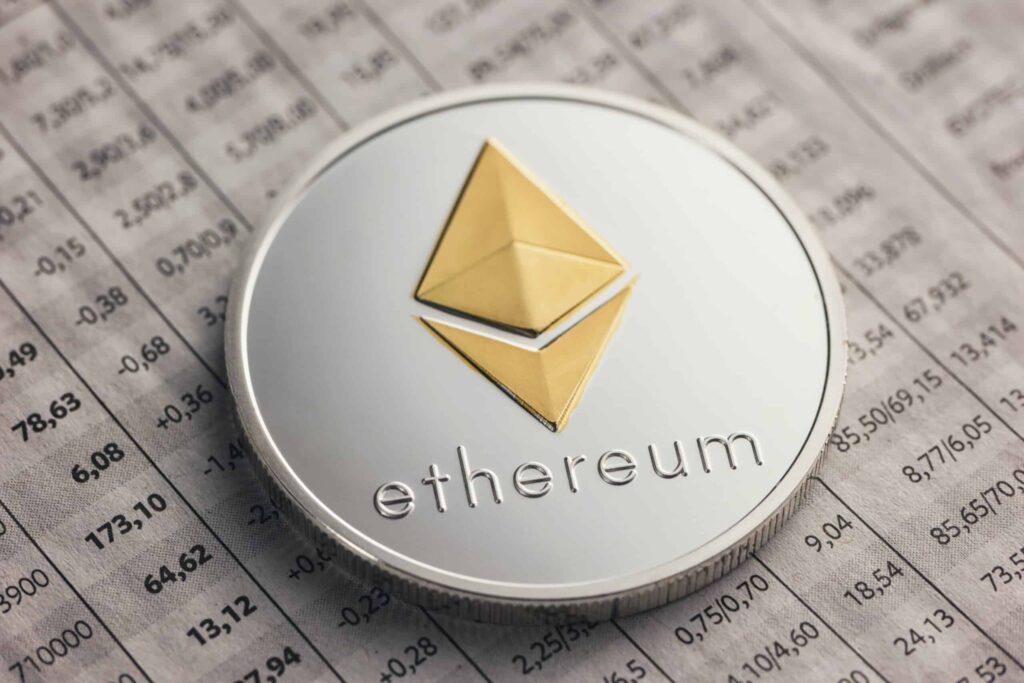
It’s been just under two weeks since Ethereum’s Dencun upgrade brought down gas fees for layer 2 networks with blob carrying transactions, but a new protocol called Ethscriptions is reversing much of that effect.
The blob base fee saw a dramatic spike on Wednesday after Ethereum users started minting “BlobsScripitons.”
Shutterstock
Posted March 28, 2024 at 5:30 am EST.
The average gas fee for Blobs rose exponentially on Wednesday, roughly five hours after a new protocol called Etherscriptions introduced a way to inscribe data onto blobs.
These Ethereum-based inscriptions, dubbed “ BlobScriptions,” sent the blob base fee up to 14,499,530 wei at one point, according to data from Ethernow.xyz shared by Blocknative CEO Matt Cutler on X.
🚨 Heads up: the Blob Base Fee is currently rising exponentially. We are investigating potential causes. You can monitor on https://t.co/gx1YVx67dy. Click through to see underlying Type 3 transactions. https://t.co/tKmUFxDrin pic.twitter.com/kkJJK46sog
— Matt Cutler🦇🔊 (@mcutler) March 27, 2024
Blobs were first introduced with EIP-4844 in the Dencun upgrade, which was deployed on the Ethereum mainnet on March 13. Before the hard fork upgrade, rollups had to store information like transaction history in calldata, which was expensive seeing as this calldata had to be stored forever.
After Dencun, however, the rollups could post data to new blobspace in the form of “blobs,” where the information isn’t stored forever, making transactions much cheaper with the added benefit of similar security guarantees.
The fact that blobs are not stored forever, and only last for 4096 epochs, or roughly 18 days, means that these inscriptions will expire.
ahem pic.twitter.com/URvCkKMvkq
— mert | helius.dev (@0xMert_) March 27, 2024
So far, the majority of inscriptions minted to blobs appear to be images, with the most recent ones depicting pixelated cats. At the time of writing, data compiled by “@hilodoby_” on Dune showed that 9,122 inscriptions had been minted, and 45% of blob submitters over the last four hours were inscriptions.
“Ethereum is already very congested, so don’t play with blob inscriptions, which will cause a surge in L2 transaction fees. Several bytes of data occupy 128kb of storage space, wasting a large amount of on-chain resources,” said one industry watcher on X.
Powered by WPeMatico



